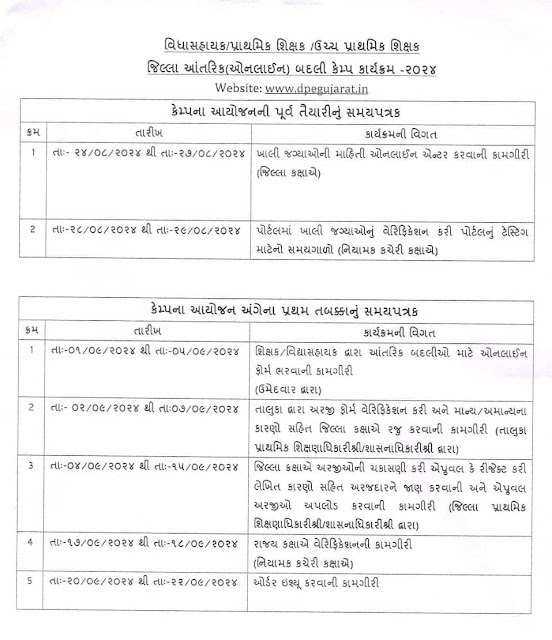TAT - SECONDARY EXAM NOTIFICATION AND APPLY ONLINE HERE SEE
Teaching is a highly complex activity.[2] This is in part because teaching is a social practice, that takes place in a specific context (time, place, culture, socio-political-economic situation etc.) and therefore reflects the values of that specific context.[3] Factors that influence what is expected (or required) of teachers include history and tradition, social views about the purpose of education, accepted theories about learning, etc.[4]
Competences
The competencies required by a teacher are affected by the different ways in which the role is understood around the world. Broadly, there seem to be four models:
- the teacher as manager of instruction;
- the teacher as caring person;
- the teacher as expert learner; and
- the teacher as cultural and civic person.[5]
The OECD has argued that it is necessary to develop a shared definition of the skills and knowledge required by teachers, in order to guide teachers' career-long education and professional development.[6] Some evidence-based international discussions have tried to reach such a common understanding. For example, the European Union has identified three broad areas of competences that teachers require:
- Working with others
- Working with knowledge, technology and information, and
- Working in and with society.[7]
Scholarly consensus is emerging that what is required of teachers can be grouped under three headings:
- knowledge (such as: the subject matter itself and knowledge about how to teach it, curricular knowledge, knowledge about the educational sciences, psychology, assessment etc.)
- craft skills (such as lesson planning, using teaching technologies, managing students and groups, monitoring and assessing learning etc.) and
- dispositions (such as essential values and attitudes, beliefs and commitment).




